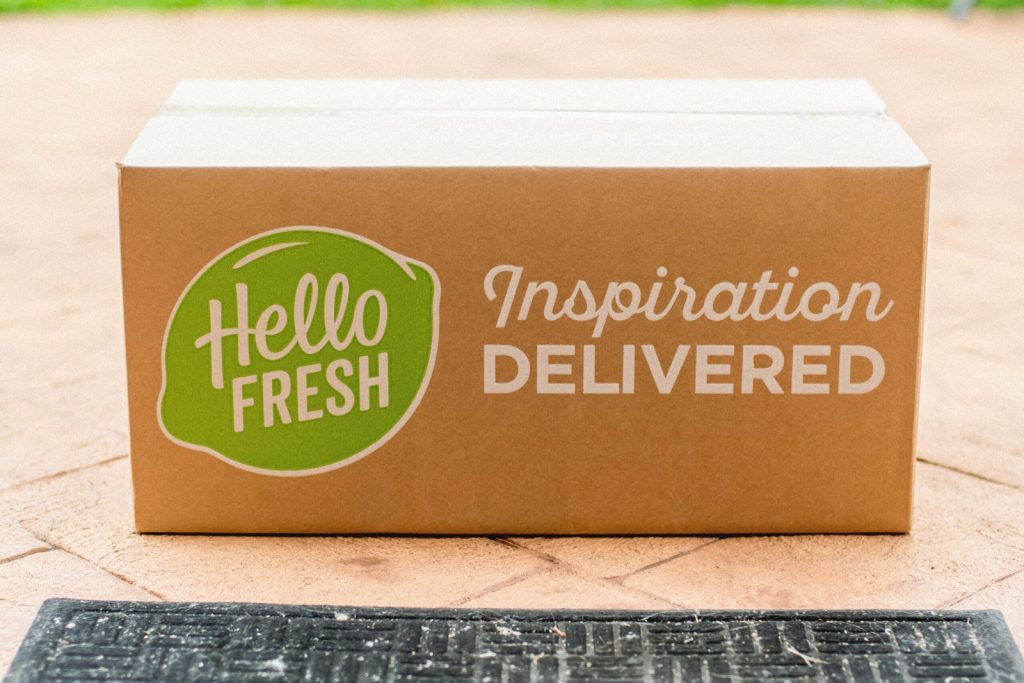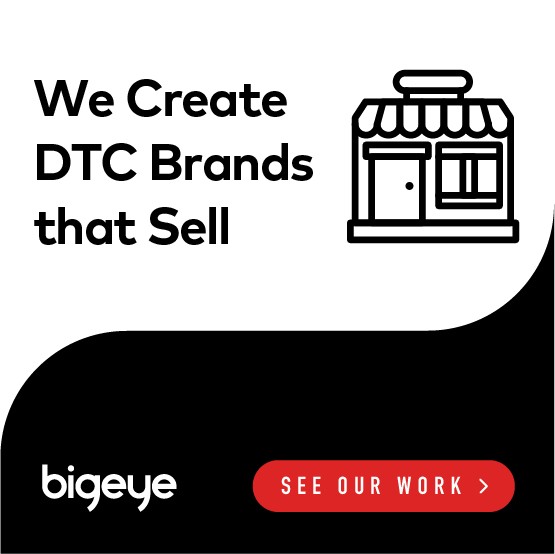
See how the emotional response brand names elicit from consumers can impact your business to ensure you choose the best brand name.
Almost all guides to starting a new business include picking a name as one of the first steps. That might sound like a simple task. Still, you should carefully consider the emotional impact of any names under consideration.
You certainly want to avoid making the list of the worst all-time business names. Yes, there’s a pizza restaurant named Poopsie’s and a propane company called Passmore Gas. You can even find a popular taco joint in Texas called Dumass Tacos. The founders may have been in on the joke and appear to have succeeded anyway. As local business owners, they probably knew their market pretty well. Still, the joke might get old and in particular, not so well embraced for companies that hope to grow into a national or even international eCommerce brand.
You’re starting a new business. Risky of frivolous company names can backfire when you need to use them to appeal to an audience that you haven’t even had a chance to get to know yet. That’s why business naming services exist. They focus upon not just helping new brands avoid offensive or misunderstood names but even by using the psychology of branding to create a positive impression.
Why does psychology matter for brand naming companies?
Brand names may do more than help people identify different companies. Sometimes names provide clues about what the company does, how they work, or what they believe in; however, often, they don’t. According to Psych Central, brand names trigger more of an emotional response than other nouns. While people tend to process language in the more rational parts of their brain, they also pass a brand through their more emotional, right side before responding.
That makes brand names an important part of marketing. While the rational part of a consumer’s brains may make logical comparisons, advertising works mostly because of how it can make people feel about the company. Companies reinforce this response by presenting their brands with consistent fonts and logos. One psychologist who studied the psychology of branding even went so far as to conclude that the way people thought about brand names appeared to give them a “special, neurological status.”
Creating a brand name you won’t regret
Julian Shapiro founded NameLayer, a company which provides business naming services. He mentioned considering the emotional reaction that you want customers to have when they hear your brand, even without knowing one other thing about your business. Shapiro referred to this quality as gravitas, or the degree of seriousness you hope to evoke from customers, investors, and even employees.
You can certainly choose a fun name, even for some serious businesses. Still, this tactic won’t work for all types of companies. As an example, he said that he wouldn’t pick a domain like Securit.ee for a cybersecurity firm. On the other hand, he’d be fine with playing with domains and extensions for a casual clothing or photo-sharing site. Think about the types of prospects you plan to court and how you attend to acquire them before you decide how serious you need your name to sound.
If you choose your own name or try some suggestions from business naming agencies, you should still try to figure out what sort of emotional reaction each name elicits before settling. You will probably benefit by asking other people for their perspective. Shapiro suggested passing names by partners, colleagues, and perhaps even better, friends who aren’t involved in the business.
How to choose the perfect brand name
You can find plenty of advice about picking the perfect brand name. For every set of rules, it’s easy to find examples of companies that violated these rules and succeeded anyway. Still, these risk takers either knew their market very well or got lucky enough to enjoy some benefits that outweighed the potential risks of eliciting the wrong reaction. As a business owner, you’ll have plenty of other business matters to focus on without having to worry that you’ve offended part of your market.




